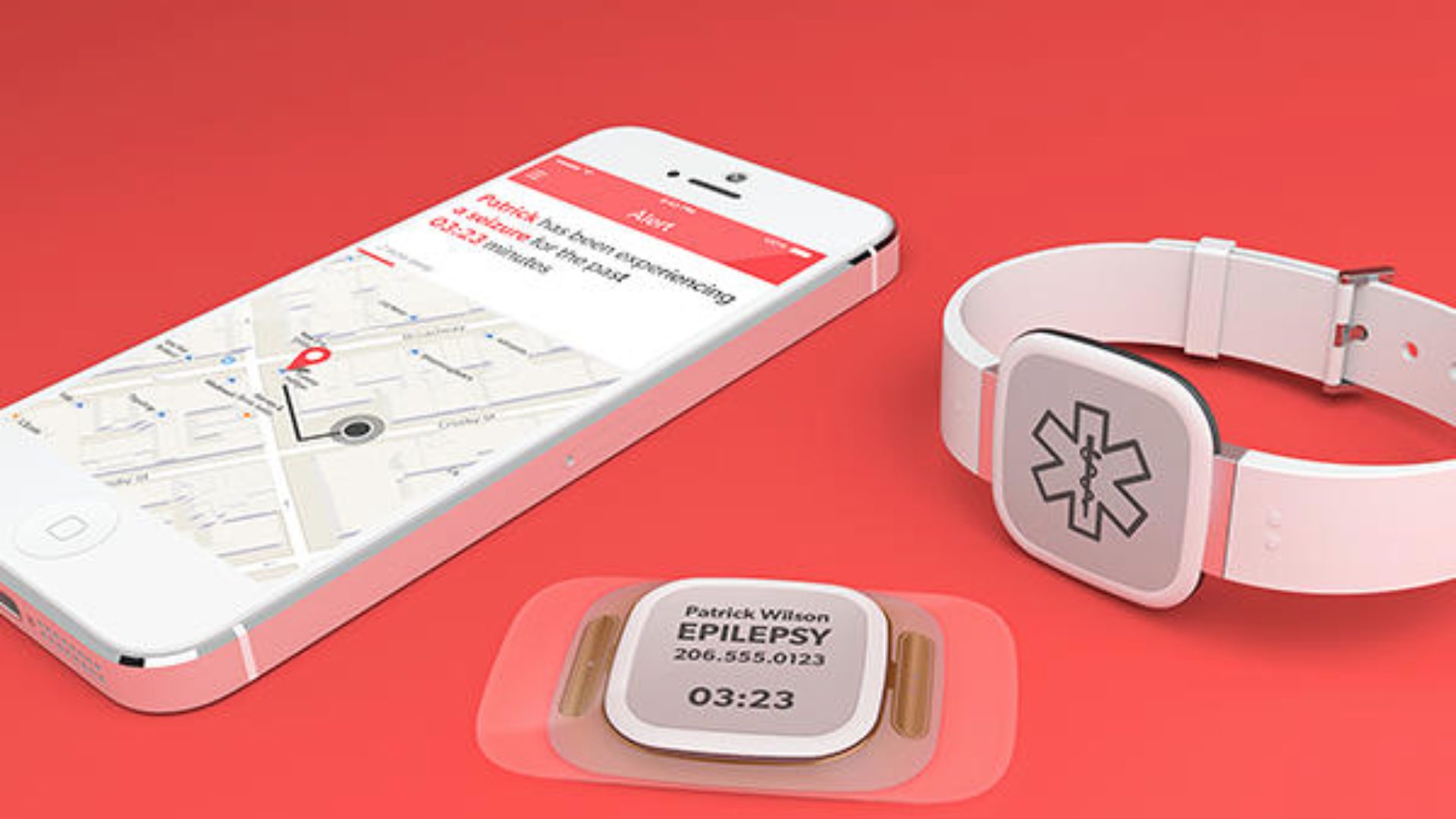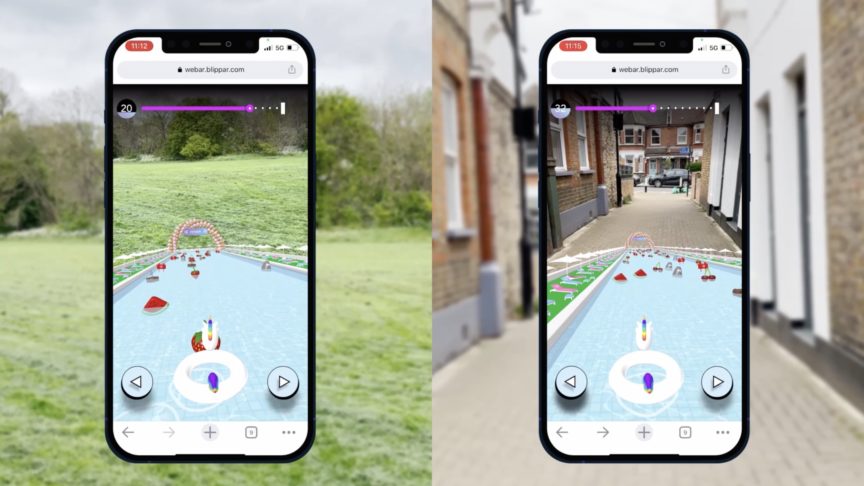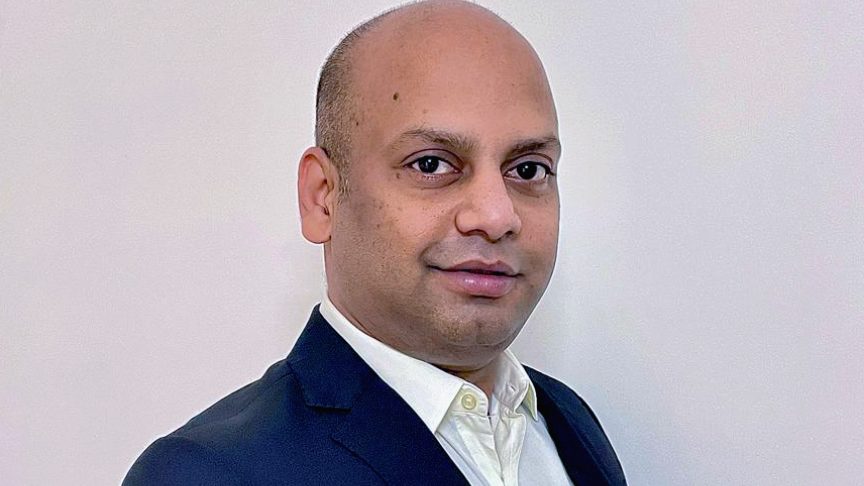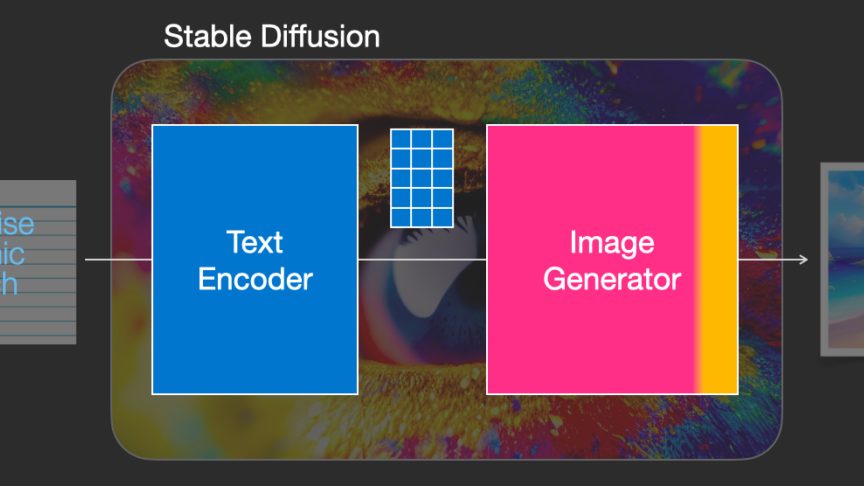Weekly Mashup 73
February 26, 2015
Weekly Mashup 73

The wearables that could save lives Fast Code Design
Rings that find car keys and wristbands that boil kettles are all very well, but certain smart wearables promise to tell you when you’re sunburnt, track your epilepsy or monitor bodily cell changes for early cancer diagnoses.

What’s next for mobile screens? Samsung
Bendy phones that you can roll into the shape of a pen, interactive displays on the front and back, and infinitely better resolution. These are just some new features in the not-too-distant futures of mobile phones, say Samsung.

Microsoft’s HoloLens could damage brain health, says Magic Leap CEO CNET
The secretive augmented reality startup’s boss has spoken out against Microsoft’s futuristic holographic headset, saying it does not replicate the physical connection between eyes and brains, thus potentially causing neurological deficits.

Will 2015 be the year in which our smartphones link to our brains? Popsci
Boston neuroscience company Thync have built a wearable device that will allow users ‘to actively alter his or her brain’s electrical state through transcranial direct current stimulation (tDCS)’. In other words, change your mood using a smartphone.

14 startups that will probably genuinely change our everyday lives Venture Beat
From smart motorbike helmet builders Skully and African coding network Andela to temporary retail space agents We Are Pop Up and office sharing network Facebook at Work, these are the startups that could genuinely change the world.
App developing dad creates AR children’s books Small Biz Trends
Software developer and father Bradley C. Grimm - who built kids apps such as Goofy Glass and Funny Voice Changer – has now created Goodnight Lad, an augmented reality children’s book. He has launched a Kickstarter campaign to see it onto the market.


